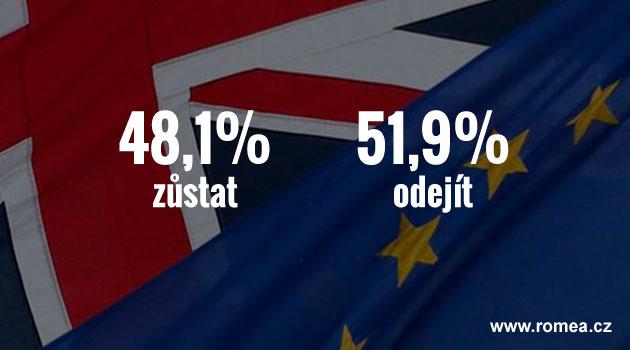About 1 000 Romani residents of a single Slovak village have been working in Britain and now fear Brexit

Reuters reports that Romani residents of Bystrany, Slovakia are concerned about the United Kingdom’s departure from the European Union because most of them are working in Britain and sending remittances home. These people now are afraid the option of their working in Britain will soon end.
Slovak news server Korzár reports that the population of Bystrany is just 3 300 people, 2 600 of whom are Romani. After Slovakia joined the EU in 2004, about 1 000 Romani residents of Bystrany decided to move to Great Britain and found work there.
“The village has greatly changed. It’s not just that the Romani residents living in what used to be an impoverished quarter have reconstructed their homes, but as you can see, there’s a big change when people have work,” Mayor of Bystrany František Žiga told Reuters.
“It would be a catastrophe if they had to return here for good. There’s no work here. Nobody wants to employ Roma here. People say that it’s the Roma who don’t want to work, but when they’re travelling thousands of kilometers for jobs, its difficult to say they’re lazy,” said Romani resident Ján Šándor, the father of sons who left Slovakia to work in Britain.
His other son is not afraid of Brexit because he has been working for more than 12 years in Britain and therefore is entitled to permanent residency even after the United Kingdom leaves the EU. “We’ve got full residency, even after Brexit, because we are paying taxes in Brtain,” Jan Šándor, Jr. explained.
For now, Bystrany is continuing to develop, primarily through new housing construction. Locals call the newly-built section of their village “Šefíldské náměstí” (Sheffield Square) after the British city of Sheffield, where most of the Romani émigrés work.